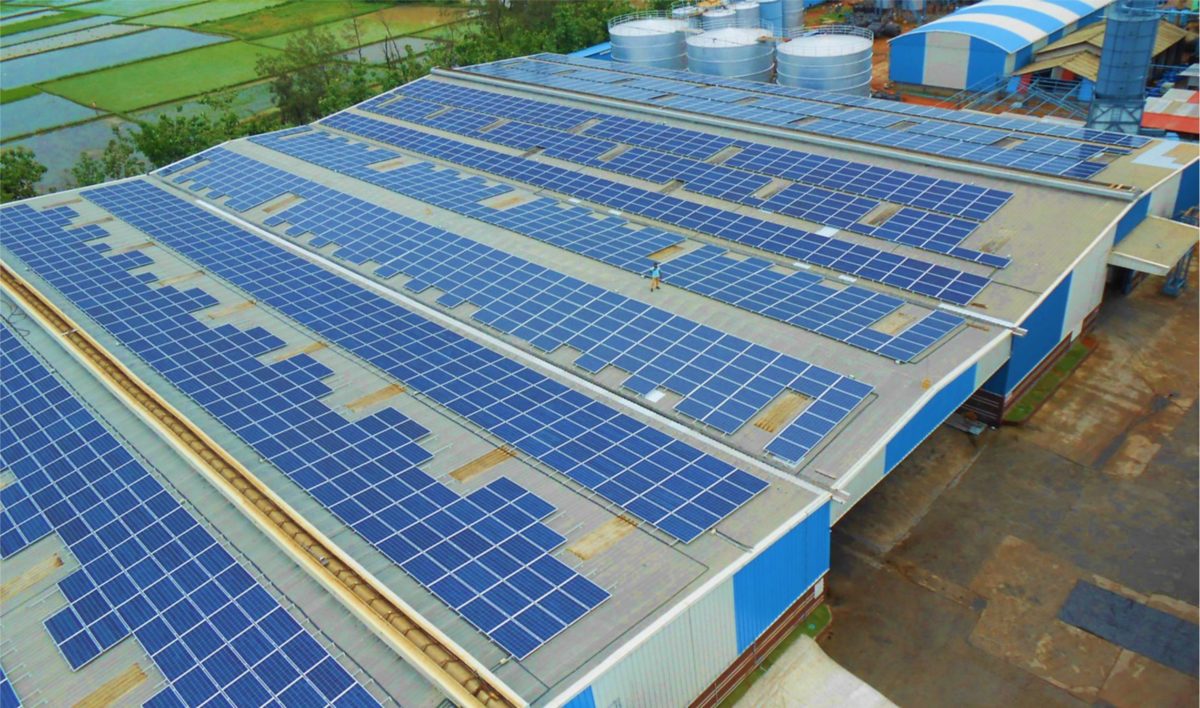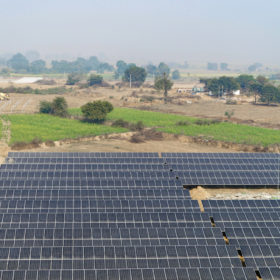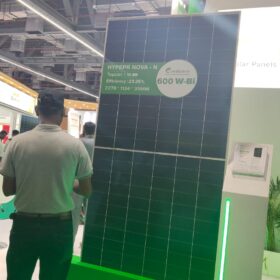A new WWF-India report reviews the progress made by commercial and industrial (C&I) consumers globally and in India for renewable power procurement, and highlights the alternate procurement options.
The report, titled Global Corporate Renewable Power Procurement Models: Lessons for India, was launched at an event jointly organised by WWF-India and The Confederation of Indian Industry (CII).
Currently, the avenues available to C&I consumers to procure renewable power are limited to rooftop solar installations, open access solar and wind power, and renewable energy certificates (RECs). However, even these options are not freely available because of various policy and market constraints, according to the report.
The report added that with the growing C&I renewable power market worldwide, many new alternate procurement options have opened up. Virtual power purchase agreements (VPPAs), green tariffs, internationally tradable RECs (I-RECs) have already been successfully tried and tested in many countries. There are also proposals to set up dedicated renewable power exchanges and facilitate peer-to-peer (P2P) trading.
The report examines the various advantages and disadvantages for each of the options, exploring the suitability for specific consumer categories or segments. It also indicates, exploring green tariffs, VPPAs and I-RECs further in expanding the scope of RE uptake for C&I consumers through deeper consultation between stakeholders. A collaborative effort to undertake pilot programmes and consumer awareness initiatives can build market confidence and momentum in the drive to increase renewable power consumption by C&I consumers.
Speaking about the report, Karnataka Electricity Regulatory Commission (KERC) former chairman M.R. Sreenivasa Murthy said, “WWF’s report highlights the need for a balance in both increasing renewable energy capacity and also harnessing corporate demand that better supports the overall energy system.”
Many corporates have been proactive and announced voluntary carbon mitigation targets, along with increasing their renewable power consumption, which was highlighted by WWF-India secretary general and CEO Ravi Singh.
“Consumption of renewable power can not only make the C&I consumers cost competitive and spur macro-economic growth but also play a significant role in reducing India’s carbon emissions,” he said.
‘’Concerted government action is required to grow penetration of renewable power for these consumers. There are two broad areas of action required. First, we need tariff reform to reduce financial dependence of the DISCOMs on C&I consumers. Second, new procurement models need to be enabled,” said Bridge to India managing director Vinay Rustagi.
At the event, CII, Imperial College Business School, London, and WWF-India announced plans to unify their shared vision and complementary expertise to build capacity via the online course, ‘Corporate Renewable Procurement: Opportunities in India’. The course familiarises participants on the imperative to develop sustainable organisations, strategies to adopt cleaner energy options, the business case for renewables, challenges and solutions for large-scale corporate RE procurement. The course developed by Imperial College Business School will focus on training executives from the private sector, government, civil society and other organisations in India.
This content is protected by copyright and may not be reused. If you want to cooperate with us and would like to reuse some of our content, please contact: editors@pv-magazine.com.









By submitting this form you agree to pv magazine using your data for the purposes of publishing your comment.
Your personal data will only be disclosed or otherwise transmitted to third parties for the purposes of spam filtering or if this is necessary for technical maintenance of the website. Any other transfer to third parties will not take place unless this is justified on the basis of applicable data protection regulations or if pv magazine is legally obliged to do so.
You may revoke this consent at any time with effect for the future, in which case your personal data will be deleted immediately. Otherwise, your data will be deleted if pv magazine has processed your request or the purpose of data storage is fulfilled.
Further information on data privacy can be found in our Data Protection Policy.